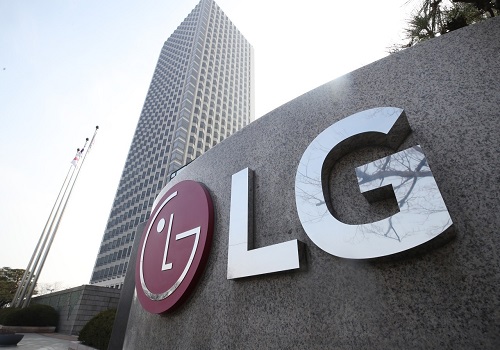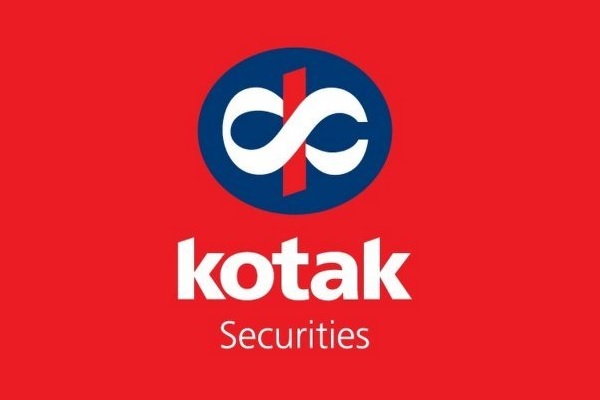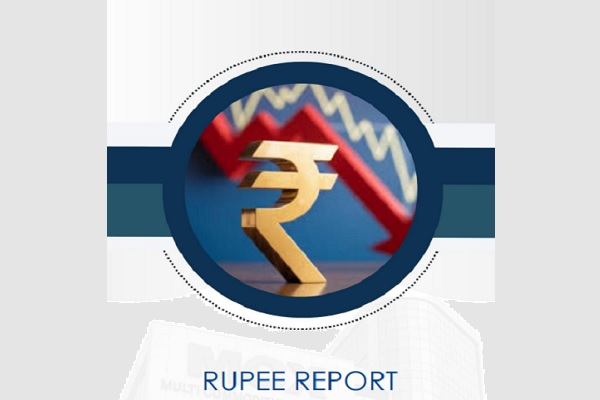Which tax regime is best for business owners?

Choosing the right tax regime is a critical decision for business owners, as it directly impacts profitability, compliance, and overall financial planning. In India, taxpayers can opt for either the old tax regime or the new tax regime introduced in Budget 2020. Each regime has its own advantages and considerations.
Old Tax Regime: Pros and Cons
The old tax regime follows a progressive tax slab structure with multiple deductions and exemptions, including:
Deductions under Section 80C: Investments in Provident Fund (PF), Public Provident Fund (PPF), National Pension System (NPS), Life Insurance Premiums, etc.
House Rent Allowance (HRA): Exemption for salaried business owners who pay rent.
Standard Deduction & Medical Insurance (80D): Benefits for salaried professionals and business owners.
Home Loan Interest Deduction (Section 24b): Relief for those with home loans.
Pros:
Ideal for business owners who claim multiple deductions.
Encourages savings and investment through tax-saving instruments.
Higher potential tax savings for those who utilize deductions fully.
Cons:
Complex compliance with multiple exemptions.
Requires proper documentation and tax planning.
New Tax Regime: Pros and Cons
The new tax regime offers lower tax rates but removes most deductions and exemptions. The tax rates are
-
Up to Rs 2.5 lakh – No tax
-
Rs 2.5 - 5 lakh – 5%
-
Rs 5 - 7.5 lakh – 10%
-
Rs 7.5 - 10 lakh – 15%
-
Rs 10 - 12.5 lakh – 20%
-
Rs 12.5 - 15 lakh – 25%
-
Above Rs 15 lakh – 30%
Pros:
Simpler tax structure with no need for extensive documentation.
Beneficial for business owners who do not claim deductions.
Provides more liquidity as tax liability is lower upfront.
Cons:
No exemptions like HRA, 80C, or home loan benefits.
Less incentive for tax-saving investments.
Which One Should Business Owners Choose?
For business owners with significant deductions (such as home loans, insurance, or NPS investments), the old tax regime is generally more beneficial.
For those with minimal deductions or those looking for a simplified process, the new tax regime may result in lower tax liability.
Freelancers and consultants with irregular income might find the new regime easier to manage.
Startups and small business owners can evaluate based on their profitability and whether deductions significantly impact their tax liability.
Final Verdict
Business owners should carefully assess their taxable income, deductions, and future financial plans before making a choice. Consulting a tax advisor or using an online tax calculator can help in determining the most suitable regime based on individual financial circumstances.
Ultimately, the best tax regime depends on the business owner's specific income structure, investment strategy, and tax-saving goals.





.jpg)


















